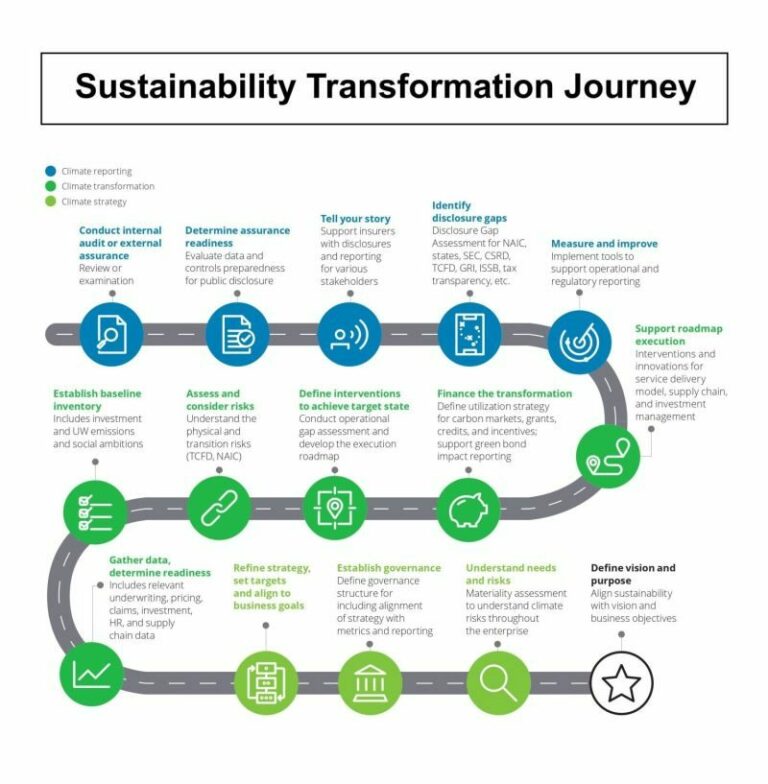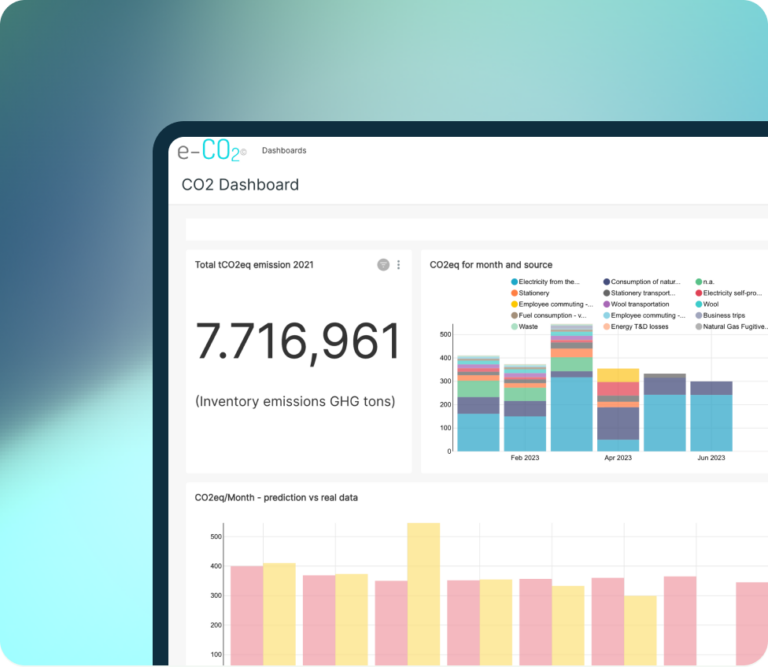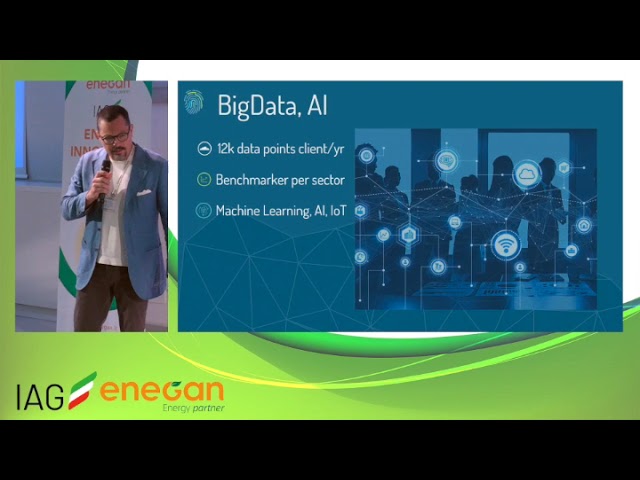The Future of ESG Skills

Condividi questo post
Navigating the Green Transition
There is no doubt: the future will be low-carbon. As companies accelerate their transformation paths, new skills are emerging while others become obsolete. Understanding this shift is essential for building a resilient and future-ready workforce.
At ecosostenibile.eu®, we constantly monitor these changes and integrate them into our platform eCO2, ensuring companies are not only compliant but also strategically aligned with the global transition.
Emerging ESG Skills
These are the skills gaining ground and becoming central to green innovation and climate strategy:
Environmental Economics
Balancing economic growth with environmental sustainability is no longer a niche discipline—it’s becoming a core requirement for decision-making.Sustainable Finance
Understanding ESG metrics and climate risk in financial terms is now essential for structuring responsible investments and funding the net-zero transition.Carbon Removal Technologies
Innovation in carbon capture and storage is reshaping industrial value chains. Knowing how these technologies work and how to implement them will be key.Electricity Market Dynamics
Managing renewable integration and distributed energy resources requires new market models—and new talent to shape them.Negative Emissions Technologies (NETs)
From biochar to direct air capture: proactive greenhouse gas removal is emerging as a climate mitigation pillar.
Key Skills for 2030
As the green economy matures, some skills will move from “emerging” to “essential”:
Energy Systems
Understanding and managing renewables like wind and solar, and energy storage, will be a foundational competence.Net Zero Strategy
Professionals capable of designing, implementing, and monitoring Net Zero pathways will be in high demand across all sectors.Emissions Measurement Tools
Mastery of software for monitoring, reporting, and verifying (MRV) Scope 1, 2, and 3 emissions will become a prerequisite.Climate Risk Assessment
Integrated risk platforms that combine financial, environmental, and operational data will require new analytical and interpretative skills.
Out-of-Focus Skills
Some skills will shift from central to peripheral, or become part of broader integrated disciplines:
Chemistry will be absorbed into innovation frameworks but less central in ESG strategy.
Environmental Law will become more about ensuring compliance than enabling innovation.
Waste Management will remain relevant but confined to niche or circular economy loops, as energy and mobility lead the decarbonization wave.
Stable ESG Skills
Despite market and regulatory evolution, some skills remain solid:
Renewable Energy Engineering: Solar, wind, hydropower, and clean nuclear will be constant anchors.
Policy Analysis: Decarbonization policies need to be understood, modeled, and shaped.
Energy Efficiency: Always a safe investment—improving efficiency is a cost-saving and impact-reducing strategy across sectors.
At ecosostenibile.eu®, we believe ESG skills are not just a HR issue, but a strategic lever for companies. Our eCO2 platform integrates and measures every sustainability KPI, supporting ESG-aligned digital transformation—ensuring that your people, your data, and your business strategy grow together toward a low-carbon future.




